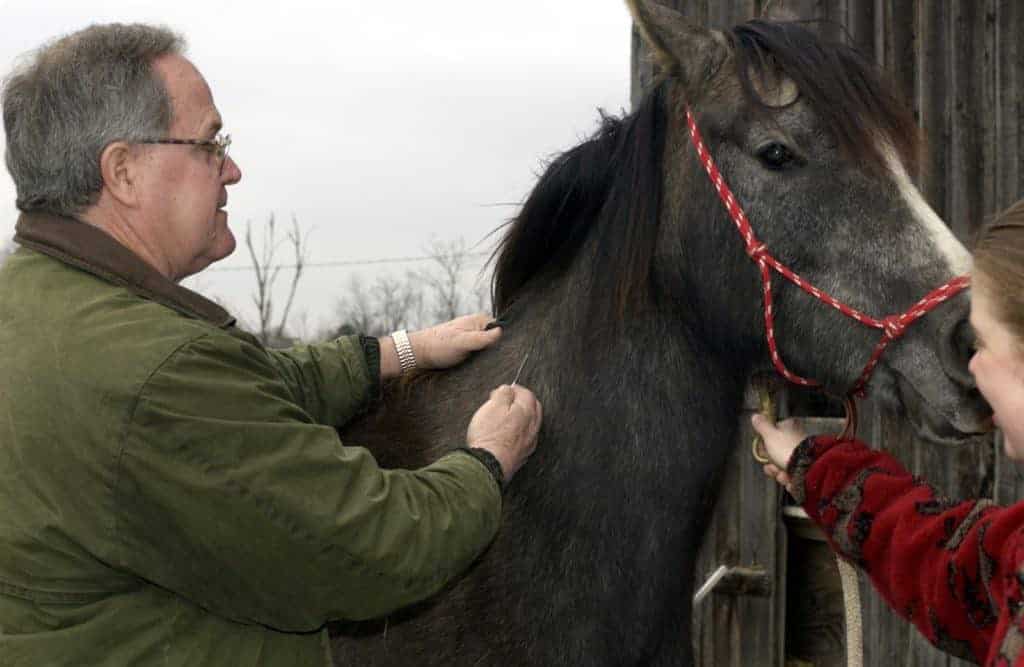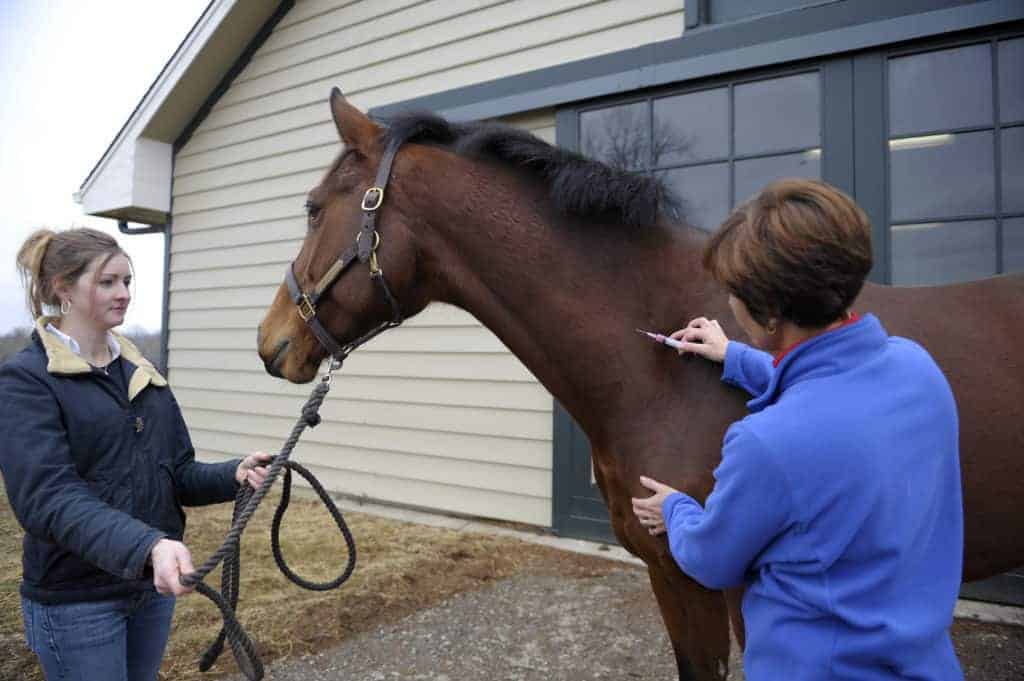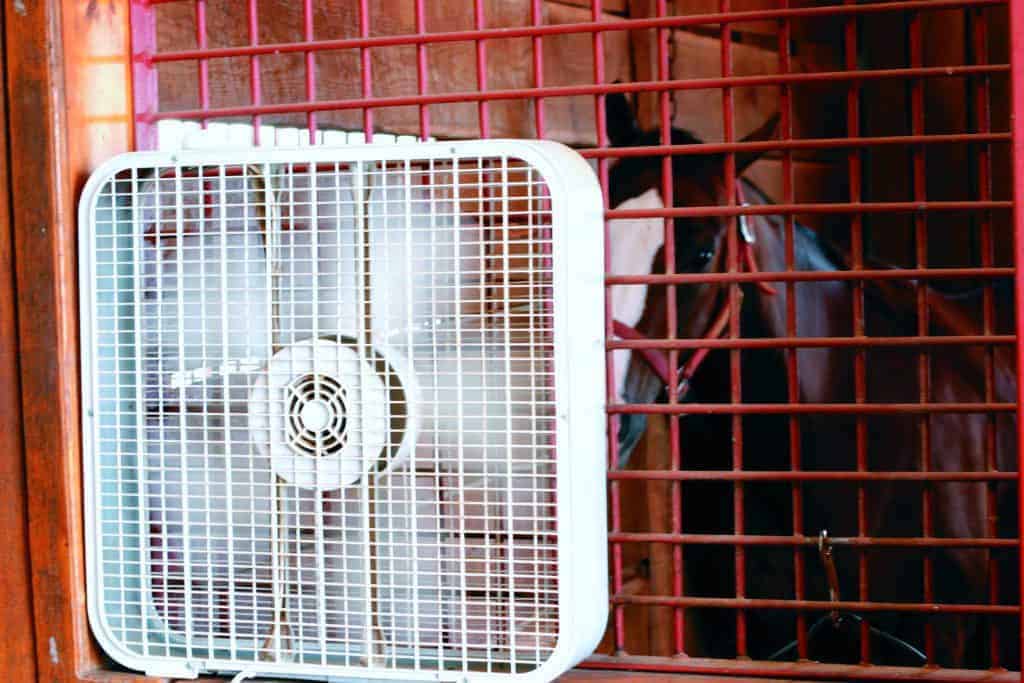
Hendra Vaccine Now Available in Australia’s Northern Territory
The vaccine was released in high-risk Queensland and New South Wales on Nov. 1.

The vaccine was released in high-risk Queensland and New South Wales on Nov. 1.

This pilot study is in preparation for a full vaccine trial, which is likely to commence in 2013 or 2014.

As of Nov. 6, the USGS indicated that the WNV and EEE totals had risen to 620 and 204, respectively.

The long-awaited vaccine will be available for horse owners through their veterinarians.

Seventy-two horses residing in 49 Texas counties had been confirmed positive since the beginning of the year.

People need to take the WNV risk to themselves and their horses seriously. What are you willing to do?

The current equine WNV case total marks a 372% increase compared to last year’s total.

Life-threatening diseases are out there, and the best way to help protect your horse is to vaccinate.
Two EEE cases and one WNV case have been confirmed in New York horses this year.

The unvaccinated horse began showing signs of disease on Sept. 16 and was euthanized the following day.
A horse in the Hillsborough County town of Derry was confirmed positive for Eastern equine encephalitis.

The unvaccinated 5-year-old Tennessee Walking Horse gelding from Garrad County was euthanized Sept. 18.

Summer might be winding down, but equine mosquito-borne disease case numbers continue to rise.

An unvaccinated 4-year-old gelding was euthanized after contracting the virus.

The very safest method of mosquito control for you, your horses and the environment includes reducing the breeding ground for mosquitoes: mud and stagnant water. Here is a checklist of horse farm management techniques for reducing mosquito habitat.

The number of equine West Nile virus (WNV) cases identified this year in the United States continues to rise.
Stay on top of the most recent Horse Health news with
"*" indicates required fields